Showing 1-13 of 13 results
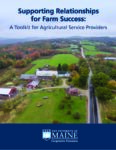
Supporting Relationships for Farm Success
It is not uncommon that the barriers to implementing changes on the farm are not related to production or marketing but rather interpersonal or "non-technical" issues like effective communication, decision-making, goal setting and time management. This toolkit was created by Dr. Leslie Forstadt, University of Maine Cooperative Extension, and Abby Sadauckas, Apple Creek Farm, as […]
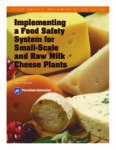
Implementing a Food Safety System for Small-Scale and Raw Milk Cheese Plants
The purpose of this guide is to assist small-scale and raw milk cheesemakers in conducting Hazard Analyses of their processes to ensure they are producing the safest product possible and to meet the requirements of the Food Safety Modernization Act (FSMA). The author, Dr. Kerry E. Kaylegian of the Pennsylvania State University, created this resource […]
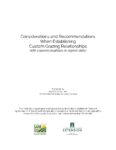
Considerations and Recommendations When Establishing Custom Grazing Relationships
This guide and set of recommendations are intended for organic dairy farmers and other livestock graziers interested in starting a custom grazing relationship with a neighboring farmer or landowner. Successful custom grazing can provide or increase grazing acreage for those farmers who need it and can also provide opportunities for smaller, beginning, leased, and diversified […]

Cornell Soil Health Assessment
The Cornell soil health assessment was created to help farmers develop appropriate management solutions to build healthy soils. Focusing on soil health helps improve productivity, reduces the need for external inputs, and increases a farm's resilience to extreme weather events.
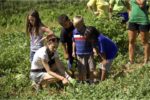
Vermont Food Education Every Day
Includes guides for farmers and food service personnel working to increase local food in schools.
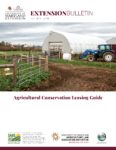
Agricultural Conservation Leasing Guide
This bulletin, authored by Sarah Everhart of the University of Maryland Francis K. Carey School of Law, provides guidance to farmers, landowners and agricultural service providers interested in lease agreements to help implement stewardship planning and conservation practices on leased land. The publication describes many popular conservation programs and considerations for how they might be […]
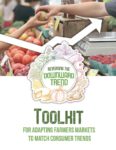
Reversing the Downward Trend
Farmers across the Northeast have reported decreases in consumer participation at farmers' markets and reduced sales. This toolkit was developed as a result of survey research that looked at consumer perceptions of shopping at farmers' markets. The publication provides information on marketing strategies and services aimed to help farmers' market managers and farmers understand what […]
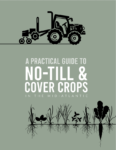
A Practical Guide to No-Till and Cover Crops in the Mid-Atlantic
No-till and cover crops are among the most cost effective tools to reverse soil and carbon loss and improve soil health; the economic, agronomic and environmental benefits of these practices are well known within the farming community. Transitioning from conventional farming to no-till, and incorporating the use of cover crops, requires a higher level of […]
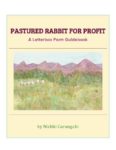
Pastured Rabbit for Profit
Pastured Rabbit for Profit is a guide written by New York farmer Nichki Carangelo. It is a practical resource intended to guide farmers through the start-up phase of a pasture-based rabbitry. It includes a full enterprise budget along with housing plans, sample breeding schedules, feed guidelines and other rabbit husbandry basics. Chapters include:
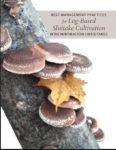
Log-Based Shiitake Cultivation
A 57-page guide to producing these gourmet mushrooms.

Small-scale Oilseed Processing Guide
Oilseed crops present an opportunity for farmers in the Northeast to diversify with a crop typically grown in the Midwestern and Great Plains regions. Many of the crops are adaptable and have been grown in the Northeast--some for a number of years, and others only recently.
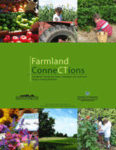
Farmland ConneCTions
A guide for towns, institutions, and land trusts using or leasing farmland.

Buckwheat Cover Crop Handbook
Buckwheat has been used to suppress weeds on Northeastern farms for 400 years. This handbook outlines how to use buckwheat as an economical weed-control tool, with recommendations based on extensive grower surveys, original research and on-farm trials.